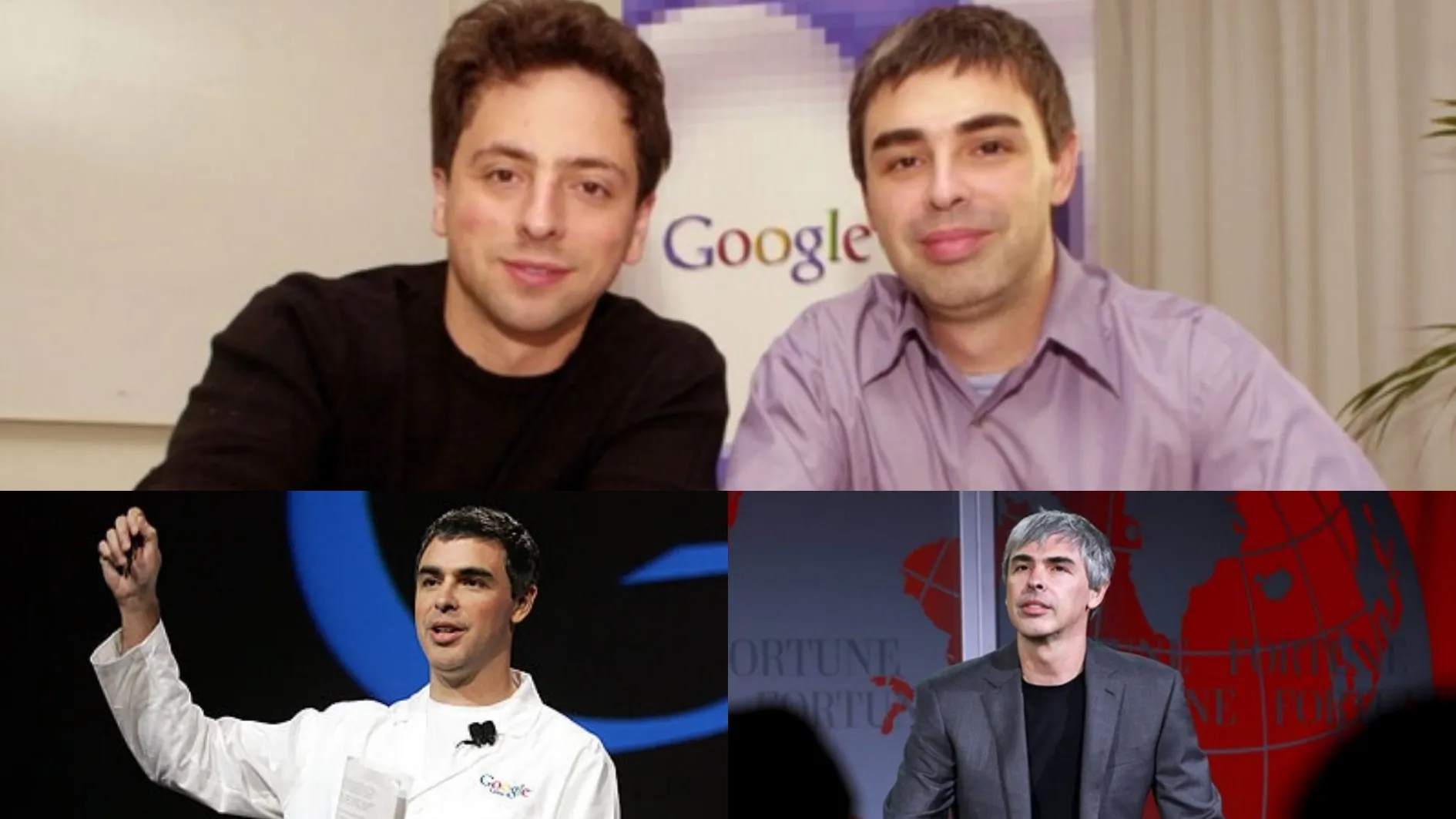
Larry Page: The Billionaire Who Succeeded with “Crazy” Ideas
Larry Page is the co-founder of the search engine Google, which currently holds an 80% market share of search engines worldwide. This success has propelled Larry Page into the top 20 richest people in the world.
Journey to Success
Larry Page, full name Lawrence Edward Page, was born in 1973 in the United States to a middle-class intellectual family. With educated parents, Larry faced few obstacles on his academic journey. From 1975 to 1979, he attended Okemos Montessori, and later graduated from the University of Michigan in 1995. It was there that he met Sergey Brin, a fellow technology enthusiast, and together they created the BackRub project, the precursor to Google.
By late 1996, Larry Page and Sergey Brin launched the first official version of Google on Stanford University’s website, and just a year later, they secured the domain name Google.com. In the third quarter of 1998, Larry Page officially established Google in Menlo Park and served as CEO, while co-founder Sergey Brin took on the role of Chairman of the Board. By mid-2000, Google had indexed over 1 billion URLs, officially becoming the most widely used search engine on the planet.

“Crazy” Ideas
One of the first bold projects initiated by Larry Page was the self-driving car. Page believed this was the future of transportation, while many dismissed the idea as crazy, dangerous, and unexciting. He calmly accepted these criticisms, confident that his project, once completed, would enhance human safety.
In the fall of 2012, when Martin Sorrell, CEO of WPP, visited Google, Larry arranged for a self-driving car to pick him up. During the 20-minute ride, the car expertly navigated turns, merged, slowed down, and passed other vehicles on the busy I-280 freeway, impressing Sorrell greatly.
Since founding the company, Page has planned ambitious projects alongside his partner. He has been the driving force behind some of the most audacious ideas. Some of these, although seemingly outlandish, have materialized—such as digitizing every printed book to create the world’s largest digital library, mapping every street to create a “virtual” version of the real world, and developing tools for language translation.

In 2011, when their search engine began to show signs of obsolescence and negative perceptions emerged, Larry Page acted swiftly to reform the company. He was willing to terminate ineffective projects and made the bold decision to merge with Android. Under his leadership, Android and YouTube experienced significant growth, dispelling previous criticisms and doubts.
During a flight, Page called manager Nikesh Arora over to the window as they flew over Nevada, pointing out the Burning Man festival and suggesting that Google needed to enhance its map imagery by deploying low-flying aircraft across the U.S. As he spoke, he calculated the investment costs. Today, Google Earth features 3D maps of many cities thanks to images captured from helicopters and planes. This demonstrates Larry Page’s ability to make quick, calculated decisions.
Overall, Page’s unusual ideas and pragmatic management style inspire his engineering and operational teams to pursue big dreams, contributing to Google’s monumental success.






